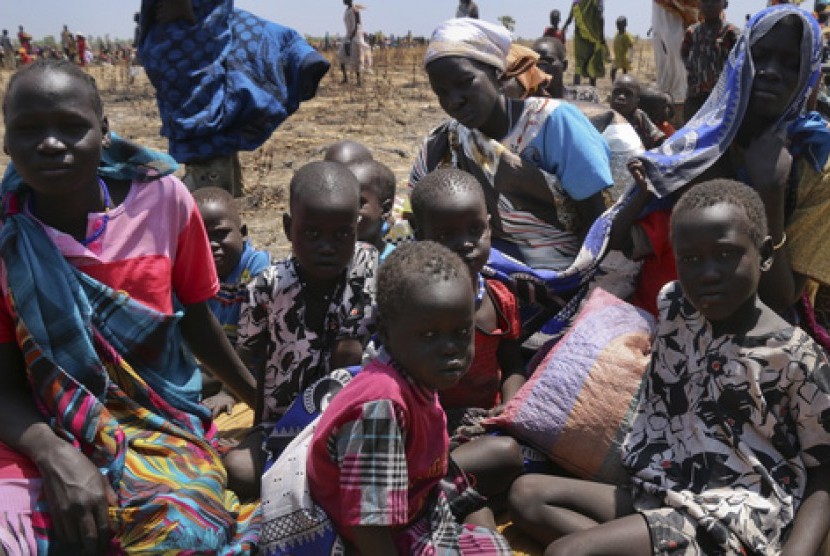REPUBLIKA.CO.ID, GENEVA -- Since the famine was declared on Feb. 20 in parts of South Sudan, the United Nations and its partners have delivered food to nearly 114,000 people across four locations in Mayendit county and to nearly 25,500 people in two locations in Koch county.
Right now, three mobile response teams are deployed across Leer county to deliver food to nearly 48,500 people, and further food distributions are planned in Koch and Panyiajar in the days ahead, UN spokesman Stephane Dujarric said at a daily news briefing here Wednesday.
"At the same time as food assistance has been scaling up, teams have been deployed to six key areas to implement vital nutrition, health, water, sanitation and hygiene, and child protection interventions," Dujarric said.
"Cholera vaccinations are being administered in Leer, Mayendit and Panyiajar," he said.
Famine has been declared in parts of Unity State in the northern-central part of South Sudan, the youngest country in the world. The formal announcement means people have already started dying of hunger. Three years of civil war has been going on in the oil-rich country after it gained independence from Sudan at the end of one of Africa's longest running conflicts.
The upsurge in violence since July 2016 has further devastated food production, including in previously stable areas.
Soaring inflation, up to 800 percent year-on-year, and market failure have also hit areas that traditionally rely on markets to meet food needs. Urban populations are also struggling to cope with massive price rises on basic food items.



